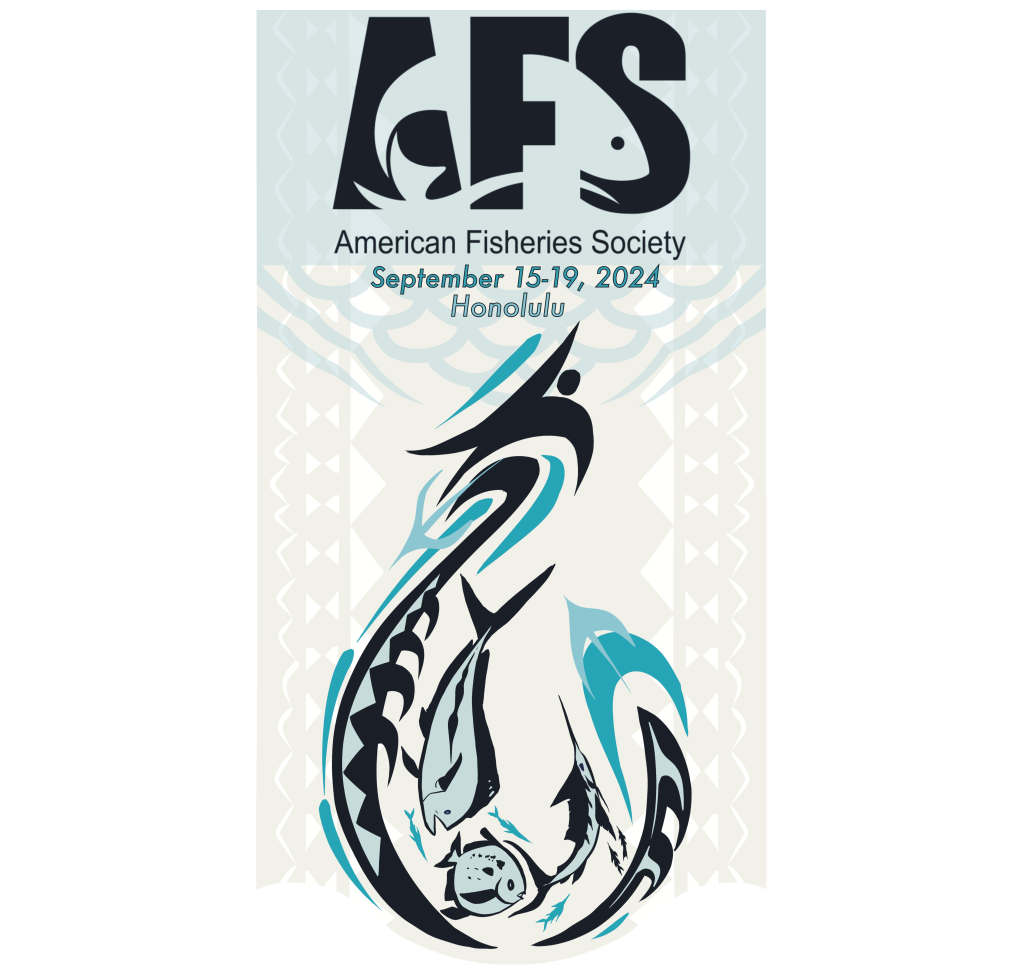Anthropogenic changes to the landscape and climate require fisheries managers to employ flexible and adaptive management strategies ensuring continued resource availability. Introduced and invasive species management has embraced flexibility, adaptation, and innovation out of necessity as new species of concern emerge, novel technologies are developed, and habitat is modified. Introduced and invasive species management can offer a wealth of examples and strategies for how other fisheries managers can ensure resilience in their systems in the face of changing climatic conditions. The Introduced and Invasive Species Section invites submissions to this symposium that highlight how introduced and invasive species management is adapting to climate change with the use of novel management strategies, models, innovations, and collaborations.
Organizer: Alison Coulter, South Dakota State University, [email protected]
Co-organizers: Nathan Lederman, Marybeth Brey, Wesley Daniel, Seth Love
Supported by: AFS Introduced and Invasive Species Section
